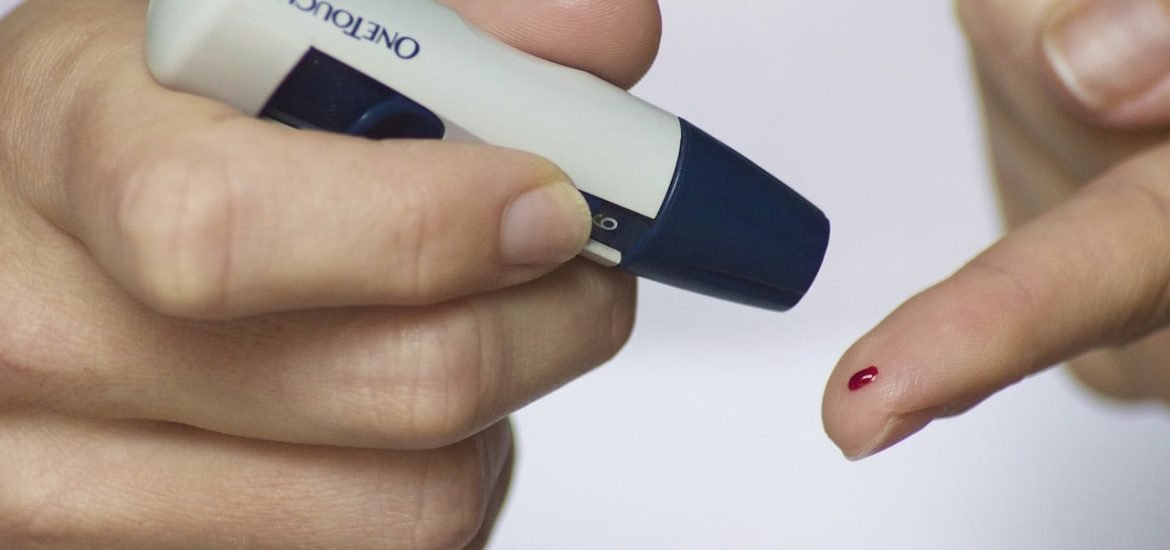
A team of researchers from the University of Edinburgh, UK, developed a new way to find patients at risk of developing type 2 diabetes sooner, according to a study published in Nature Aging. The authors show that analysing changes to DNA in the blood can predict a person’s risk of developing type 2 diabetes within a decade.
The study analysed DNA changes — known as DNA methylation — combined with other risk factors in almost 15,000 participants to predict how likely these patients were to develop type 2 diabetes over the following years. The authors hope these results could lead to preventative measures to detect patients at risk sooner, reducing the economic and health burden caused by this condition.
“Similar approaches could be taken for other common diseases to generate broad health predictors from a single blood or saliva sample. We are incredibly grateful for our study volunteers who make this research possible – the more people that join our study, the more precisely we can identify signals that will help delay or reduce the onset of diseases as we age,” said Professor Riccardo Marioni, from the University of Edinburgh’s Centre for Genomic and Experimental Medicine.
Methylation is a normal process in the body. It involves a small molecule called methyl group getting attached to DNA. This doesn’t change the DNA, but it may influence how specific genes work (depending on where the methyl group is attached).
At the moment, doctors use certain risk factors to identify patients likely to develop type 2 diabetes, including age, sex, BMI, and family history of the disease. The team from the University of Edinburgh found that including tests to look at DNA methylation levels can provide a more accurate prediction.
Using the results from the study, the authors predicted the risk for 10,000 people in Scotland. About one in three patients developed type 2 diabetes over a 10-year period, and DNA methylation analysis allowed doctors to identify extra 449 patients who were not identified with traditional risk factors alone. The authors obtained similar results with German participants.
“It is promising that our findings were observed in the Scottish and German studies, with both showing an improvement in prediction above and beyond commonly used risk factors. Delaying onset is important as diabetes is a risk factor for other common diseases, including dementias,” said Yipeng Cheng, a Ph.D. student from the University of Edinburgh’s Centre for Genomic and Experimental Medicine.
Generation Scotland is currently recruiting volunteers and has recently opened to young people aged between 12 and 15. Anyone living in Scotland can register online at www.generationscotland.org
Cheng, Y., Gadd, D.A., Gieger, C. et al. Development and validation of DNA methylation scores in two European cohorts augment 10-year risk prediction of type 2 diabetes. Nat Aging (2023). https://doi.org/10.1038/s43587-023-00391-4